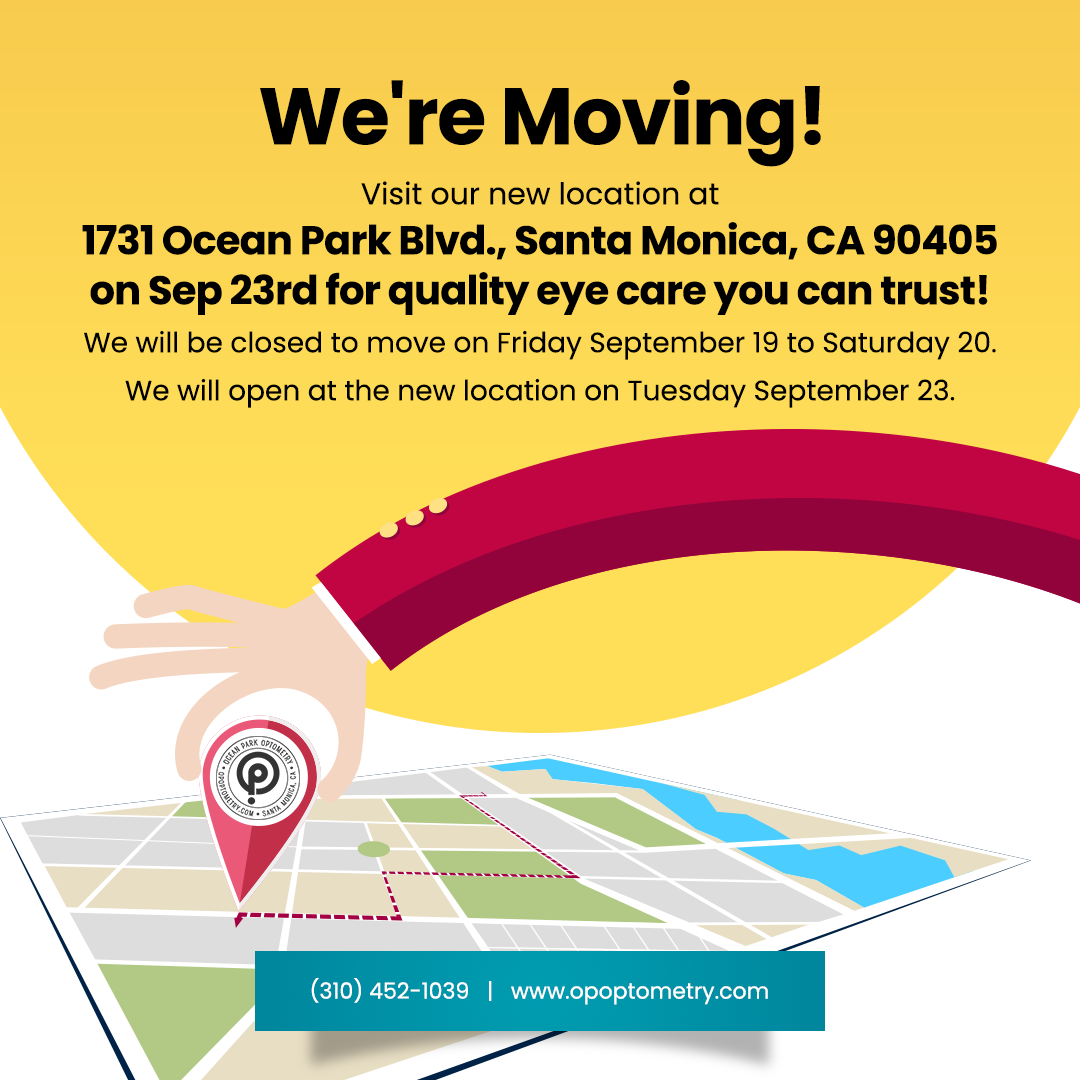
Myopia is a condition that typically begins in childhood and progresses gradually into the teenage years. The exact cause of myopia is still not fully understood, but it is generally linked to a combination of genetic and environmental factors like excessive screen time and lack of exposure to outdoor light. It's critical to understand the need for effective myopia management.
The process of managing myopia involves slowing down or halting the progression of the condition. Early detection and intervention are key elements in effective myopia management, especially in children and teens.
The Importance of Myopia Management
Myopia management is crucial for several reasons. Firstly, managing myopia can significantly improve a child's or teen’s quality of life. By slowing the progression of myopia, we can help them maintain better vision, perform better academically, and participate more fully in sports and other activities.
Secondly, effective myopia management can prevent serious eye complications later in life. Uncontrolled myopia can lead to conditions like retinal detachment, glaucoma, and cataracts. By managing myopia effectively, we can reduce the risk of these conditions and protect the visual health of our children and teens.
Lastly, investing in myopia management can result in long-term cost savings. The costs associated with managing advanced myopia-related complications can be substantial. By proactively managing myopia in children and teens, we can potentially save on healthcare costs in the future.
The Role of an Optometrist in Myopia Management
An optometrist plays a crucial role in myopia management. They have the skills and knowledge necessary to identify the early signs of myopia, diagnose the condition accurately, and recommend the most suitable myopia management strategy for each patient.
The optometrist's role begins with an initial comprehensive eye examination. During this exam, the optometrist checks for signs of myopia and other eye conditions. If myopia is detected, the optometrist will discuss the diagnosis with the patient and their parents, explaining the condition and the need for myopia management.
Following diagnosis, the optometrist will design and implement a personalized myopia management plan. This plan may involve a combination of strategies, including prescription glasses or contact lenses, eye drops, and lifestyle changes. The optometrist will monitor the patient's progress, adjusting the plan as necessary based on the patient's response to treatment and the progression of their myopia.
Common Myopia Management Strategies for Children and Teens
There are several effective strategies for myopia management for children and teens. One of the most common is the use of prescription glasses or contact lenses. These devices correct the refractive error caused by myopia, allowing the patient to see clearly at a distance.
Another strategy is the use of atropine eye drops. These drops have been found to slow the progression of myopia in some patients. The drops are typically administered once daily, and the treatment may need to be continued for several years.
Lifestyle changes can also be an effective part of a myopia management strategy. Encouraging children and teens to spend more time outdoors and less time on near-work activities like reading and screen time can help slow the progression of myopia.
The Long-Term Benefits of Myopia Management for Children and Teens
Effective myopia management for children and teens can have significant long-term benefits. By slowing the progression of myopia, we can improve their quality of life, prevent serious eye complications, and potentially save on healthcare costs in the future.
The role of an optometrist in myopia management is crucial. They can diagnose myopia early, design and implement effective management strategies, and monitor the condition's progression through regular eye exams.
While myopia can't be cured, it can be managed effectively. And with the right approach, we can help our children and teens maintain good vision and protect their eyes for the future.
To learn more about myopia management for children and teens, visit Ocean Park Optometry at our office in Santa Monica, California. We are dedicated to providing the highest quality of personalized vision and eye health care for people of all ages. Please call or text (310) 452-1039 to book an appointment today.













